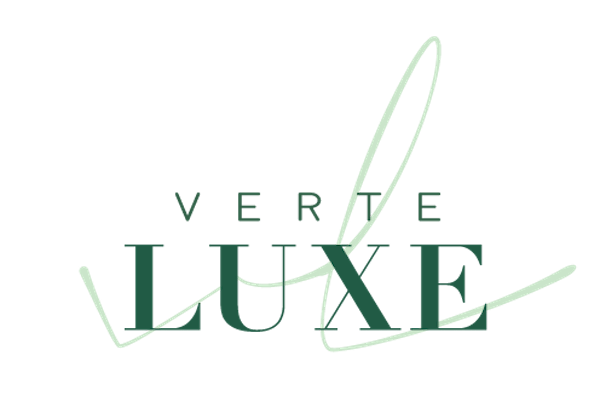
28 Oct Why Earth-Friendly, Sustainable, Ethical Coffee Matters
Fall is the time for comfy sweaters, roaring fires, and “pumpkin spiced” everything. But of course, no cozy scene is complete without a toasty beverage. Let’s take a peek into one of America’s all-time favorite sips: COFFEE. We’ll tell you why earth-friendly, sustainable, ethical coffee matters.

First, a brief history.
This murky “liquid gold” originally appeared in New York City (then called “New Amsterdam”) in the late 1600’s. Later, thanks in part to the Boston Tea Party, coffee enjoyed a singular status as the only caffeine option. Today, coffee is still the #1 morning beverage here in the states. And, like most consumer goods, sellers can produce it sustainably and ethically… or not.
What is “ethical” coffee?
The concept of “ethical” coffee revolves around two main issues:
- First, the problem of coffee farmers who are exploited and paid unfair wages, leaving them stuck in a cycle of poverty.
- Second – but no less important – are concerns about our environment, pesticides, and how the beans themselves are grown.

Let’s talk labels.
“FAIR TRADE CERTIFIED” communicates that the companies buying the beans pay their farmers a fair wage. As a result, consumers consider this coffee ethically produced (without exploitation).
“SHADE GROWN” or “BIRD-FRIENDLY” certifications mark beans cultivated with purposeful attention to surrounding plant and animal life.
“USDA ORGANIC” labels beans produced without synthetic pesticides and with a focus on preventing soil erosion.
“RAINFOREST ALLIANCE CERTIFIED” and “UTZ-CERTIFIED” labels represent various ecological and agricultural restrictions. However, many die-hard coffee connoisseurs don’t consider them strict enough.
If you’re concerned about the source and quality of your coffee, a great option is to buy local. Small individual or chain shops can speak directly to cultivation practices and the ethical values behind their product. They can also guide you toward a bean variety that best suits your needs and tastes.
Looking for an inspirational container for your morning java? Jason Fox Ceramics is one of our favorite mug-makers, creating a variety of original, wheel-thrown porcelain and ceramic designs.
